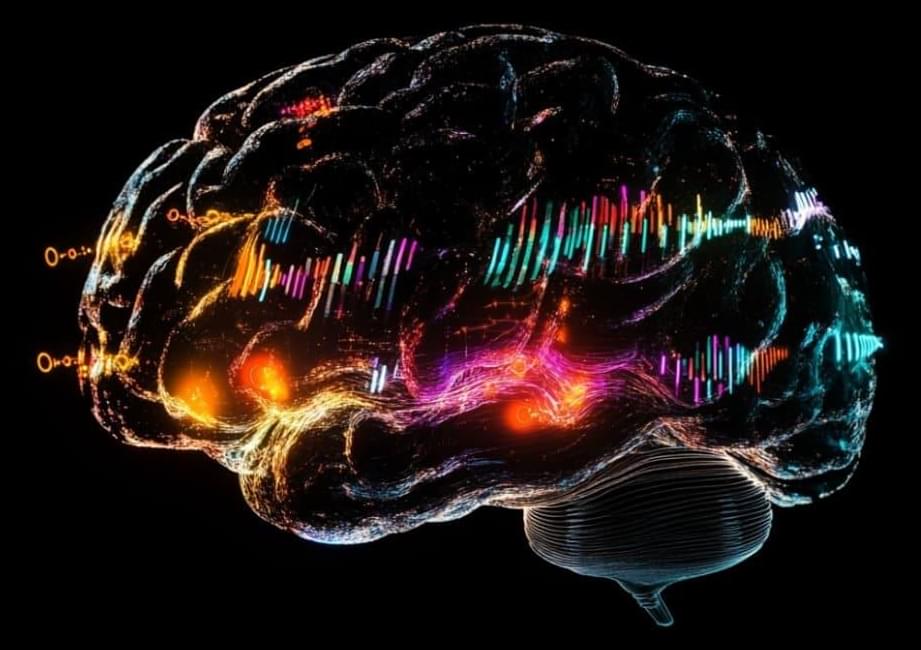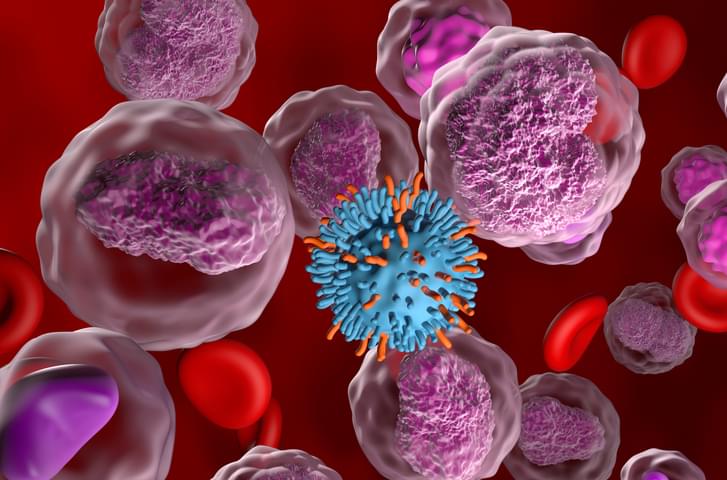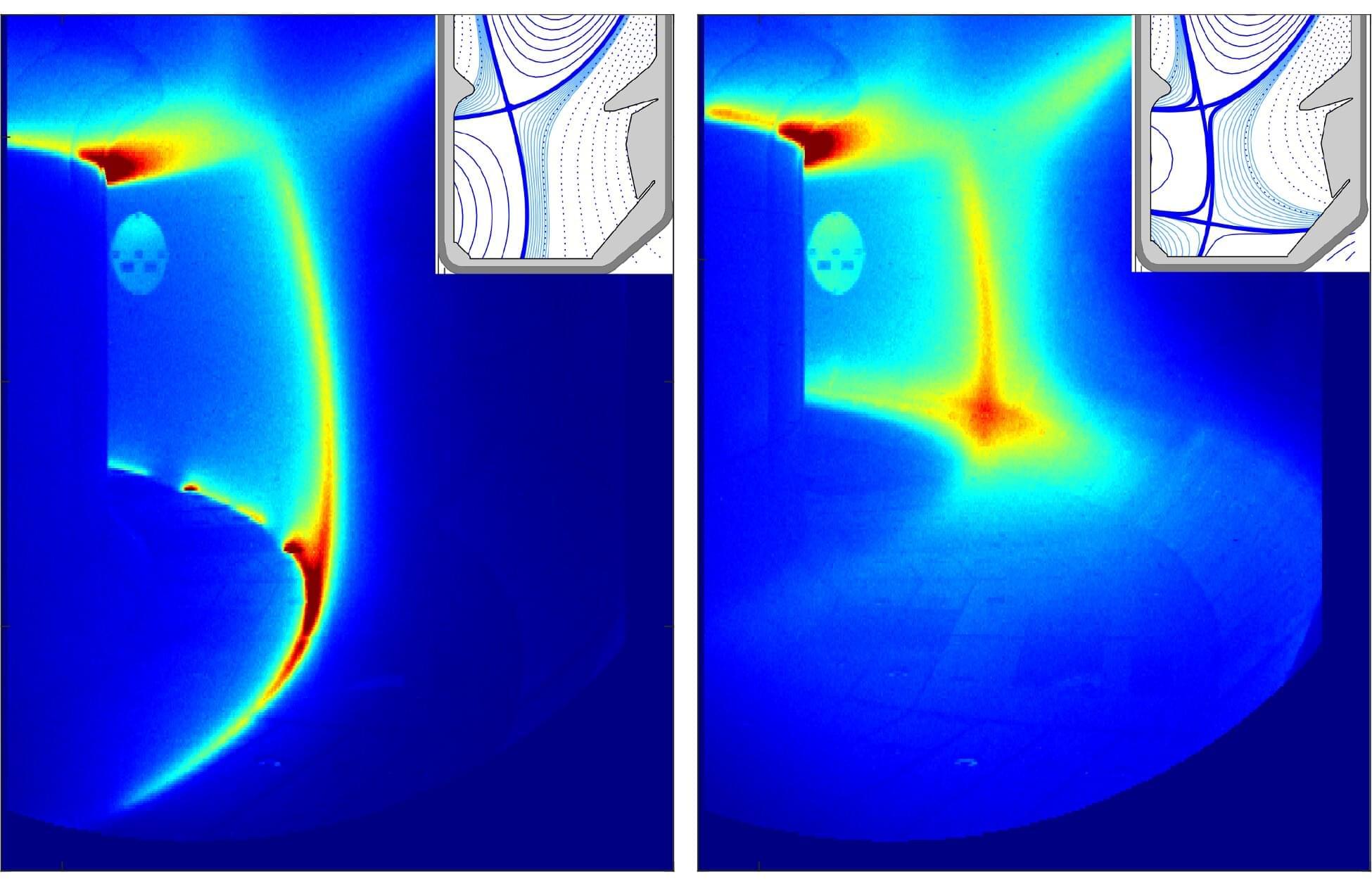In this bonus interview for the series Science Uprising, computer engineer and artificial intelligence (AI) expert Robert J. Marks addresses the fact and fic…
Get the latest international news and world events from around the world.






Cutting CAR T Costs via Decentralization, Vector-Alternatives, and Artificial Intelligence
High manufacturing costs are limiting patient access to CAR T cell therapies, according to new research, which indicates that decentralization, vector-free modification technologies, and AI would help make production cheaper.
Making CAR T therapies is an expensive business. A recent study suggested that producing a single batch can cost anywhere between $170,000 and $220,000, depending on the logistical, processing, and distribution steps involved.
The fundamental problem is that CAR T production is not a good fit for centralized manufacturing, according to Martin Bonamino, PhD, leader of the experimental cancer immunotherapy group at Brazil’s National Cancer Institute (INCA).

A new type of X-point radiator that prevents tokamaks from overheating
Nuclear fusion reactors are highly powerful technologies that can generate energy by fusing (i.e., joining) two light atomic nuclei to form a heavier nucleus. These fusion reactions release large amounts of energy, which can then be converted into electrical power without emitting greenhouse gases.
One of the most reliable and promising fusion reactor designs is the so-called tokamak. Tokamaks are devices that use a doughnut-shaped magnetic field to confine and heat plasma (i.e., superhot, electrically charged gas) for the time necessary for fusion reactions to take place.
Despite their potential for the generation of large amounts of clean energy, future reactor tokamaks may face huge challenges in managing the intense heat produced by fusion reactions. Specifically, some of the confined plasma can interact with the walls of the reactors, damaging them and adversely impacting both their durability and performance.

Emerging role of mitochondrial calcium levels in cellular senescence and in switching cell fates
Manipulating senescent cells by eliminating them or by modifying their activity has attracted huge interest for its potential to delay or even treat many age-related diseases, and to improve healthy aging. Mitochondria, and in particular their calcium levels, have emerged as key regulators of cellular senescence, cell death and the balance between the two, and might constitute targets for novel strategies to stifle the viability or properties of senescent cells.
Building a 3D Game… With No 3D Hardware?
Click this link https://sponsr.is/bootdev_mattbatwings and use my code MATTBATWINGS to get 25% off your first payment for boot.dev.
Patreon: https://www.patreon.com/mattbatwings.
Discord: https://discord.gg/V5KFaF63mV
My socials: https://linktr.ee/mattbatwings.
My texture pack: https://modrinth.com/resourcepack/mattpack.
World Download: (JAVA 1.21) https://www.planetminecraft.com/project/3d-maze-explorer/
Oscar’s 3D Maze Program: https://youtu.be/2hdc0Fn302w.
Thanks again to @captainluma7991 for working with me on this!
Want to get more involved in the logical redstone community?
Learn Logical Redstone! https://youtube.com/playlist?list=PL5LiOvrbVo8keeEWRZVaHfprU4zQTCsV4
Open Redstone Engineers (ORE): https://openredstone.org/
0:00 Intro.
0:32 Oscar91
1:48 Generalization.
2:59 Display.
4:53 Maze to Tilemap Conversion.
6:12 Maze Exploration.
7:51 Wireframe Display.
8:27 Random Generation.
Music (in order):